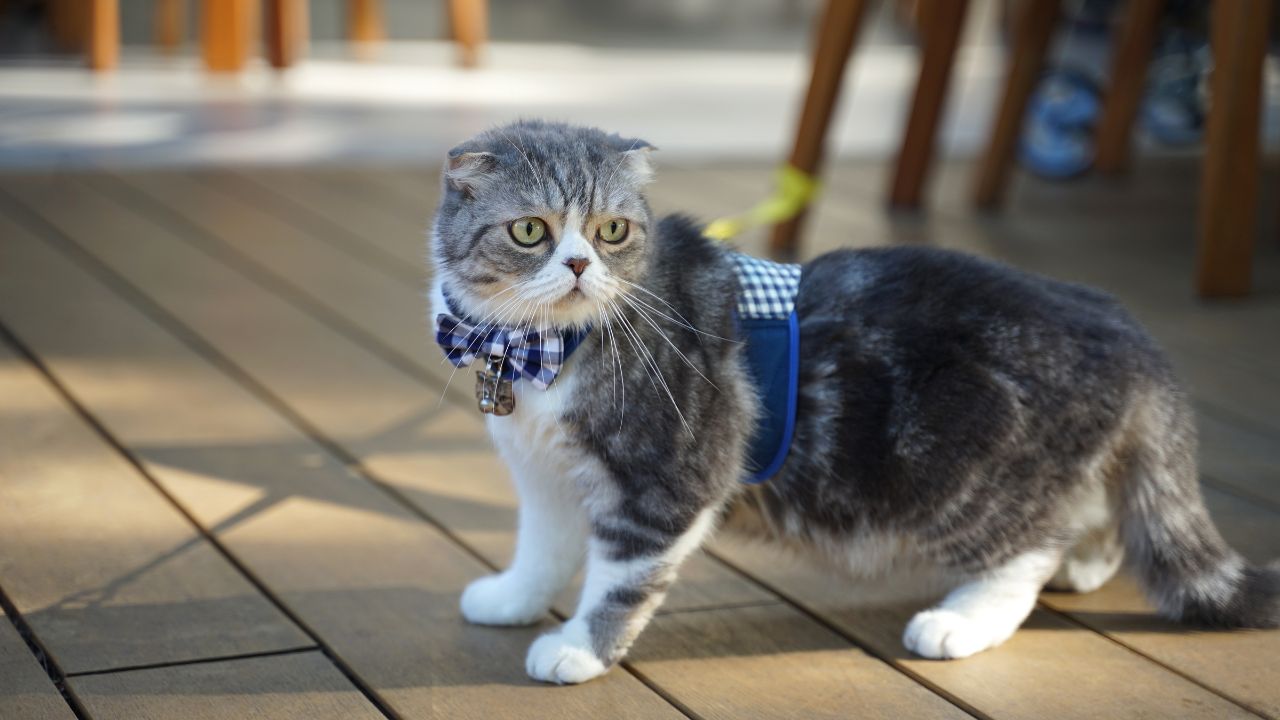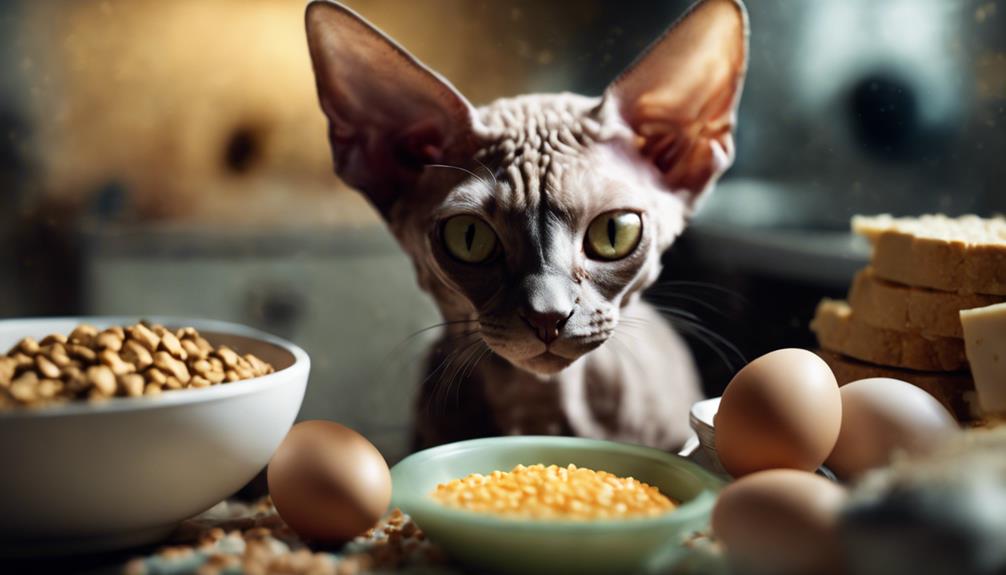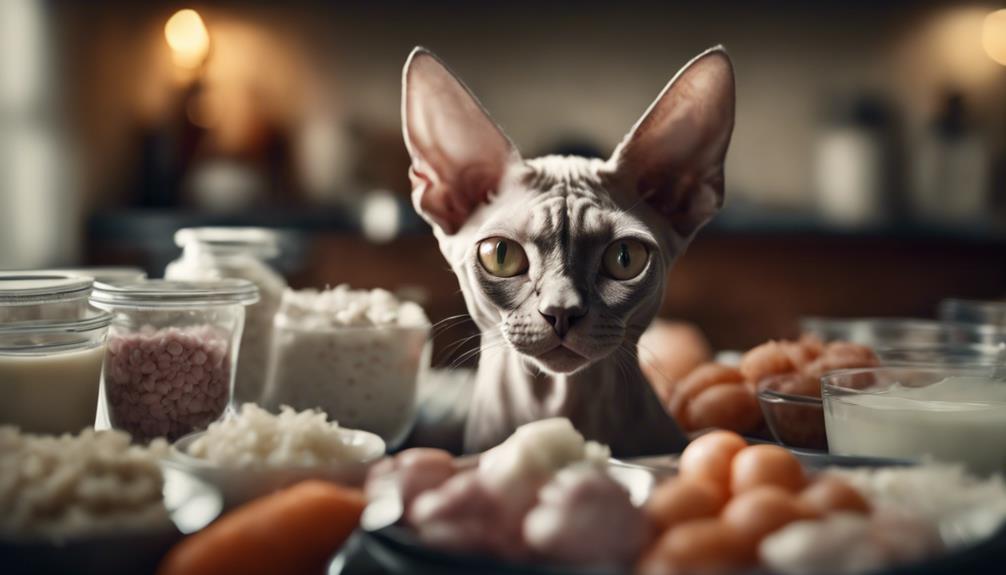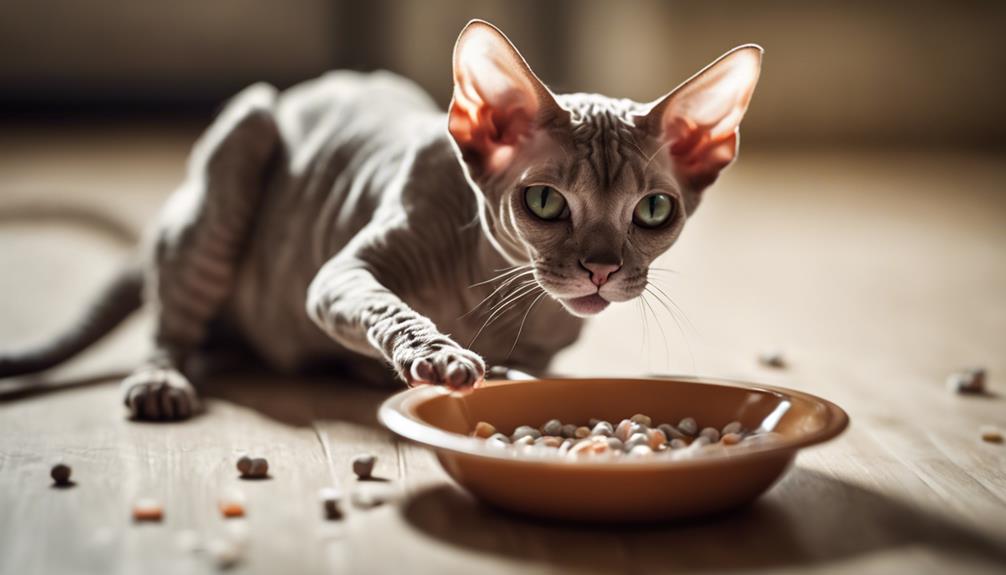Scottish Fold cats are a unique and adorable breed with their folded ears and owl-like features. However, there has been a debate on whether these cats are cruel or not. Some argue that breeding Scottish Fold cats is unethical and inhumane due to the health issues associated with their genetic mutation.
The genetic mutation responsible for the folded ears in Scottish Fold cats also causes skeletal abnormalities that can lead to painful arthritis and other health problems. This has led some animal welfare organizations and veterinarians to call for a ban on breeding Scottish Fold cats. On the other hand, breeders and owners of Scottish Folds argue that the cats are not cruel and that they are happy and healthy pets.
In this article, we will explore the controversy surrounding Scottish Fold cats and examine the arguments on both sides. We will also take a closer look at the health issues associated with this breed and provide information for potential owners to make an informed decision about adopting a Scottish Fold cat.
History of Scottish Fold Cats
The Scottish Fold cat breed began with Susie, a white barn cat discovered on a farm in Perthshire, Scotland, in 1961. Susie had a unique genetic mutation that caused her ears to fold forward and down, giving her an owl-like appearance. William Ross, a neighboring farmer, began breeding Susie’s kittens and consulted with a geneticist to understand the mutation and its inheritance pattern.
Originally called “lops” after lop-eared rabbits, the breed was renamed Scottish Folds in 1966. The breed was developed to preserve the rare genetic mutation that Susie possessed. The breed quickly gained popularity due to its unique appearance and friendly demeanor.
Scottish Folds have become a popular breed worldwide, with many breeders working to preserve the unique genetic mutation that gives them their signature folded ears. However, the breeding of Scottish Folds has also been controversial due to concerns about the potential health problems associated with the genetic mutation.
In recent years, some countries have banned the breeding of Scottish Folds due to concerns about the welfare of the cats. The British Veterinary Association has also expressed concerns about the breed, stating that the genetic mutation can lead to health problems such as ear infections, arthritis, and spinal problems.
Despite these concerns, many Scottish Fold enthusiasts maintain that the breed is healthy and that responsible breeding practices can minimize the risk of health problems. It is important for potential Scottish Fold owners to do their research and choose a reputable breeder who prioritizes the health and welfare of their cats.
Health Problems Associated with Scottish Fold Cats
Scottish Fold cats are known for their unique appearance, particularly their folded ears. However, this distinctive feature is a result of a genetic mutation that can lead to several health problems. In this section, we will discuss some of the most common health issues associated with Scottish Fold cats.
Joint and Cartilage Issues
Scottish Fold cats are prone to degenerative joint diseases, which can cause pain and discomfort. This is because their cartilage is weaker than that of other cats, which can lead to arthritis and other joint problems. Osteochondrodysplasia is a genetic condition that affects the development of cartilage in the ears, causing them to fold. Unfortunately, this condition can also affect other parts of the body, such as the joints and bones, leading to painful conditions.
Ear Problems
As mentioned earlier, Scottish Fold cats have folded ears due to a genetic mutation. However, this mutation can also cause problems with the ears, such as ear infections and ear mites. In severe cases, it can even lead to hearing loss.
Heart Disease
Scottish Fold cats are also prone to heart disease, particularly cardiomyopathy. This is a condition that affects the heart muscle, making it harder for the heart to pump blood effectively. If left untreated, it can lead to heart failure and other serious health problems.
Other Health Conditions
Scottish Fold cats are also at risk of other health conditions, such as obesity, polycystic kidney disease (PKD), and other kidney problems. PKD is a genetic condition that causes cysts to develop in the kidneys, which can lead to kidney failure. Obesity can also lead to other health problems, such as diabetes and heart disease.
Overall, it is important to be aware of these health problems if you are considering getting a Scottish Fold cat. While they can make great pets, their unique genetic traits can lead to health problems that can affect their welfare and quality of life. Regular check-ups with a veterinarian can help to catch and treat these conditions early, ensuring that your cat stays healthy and happy.
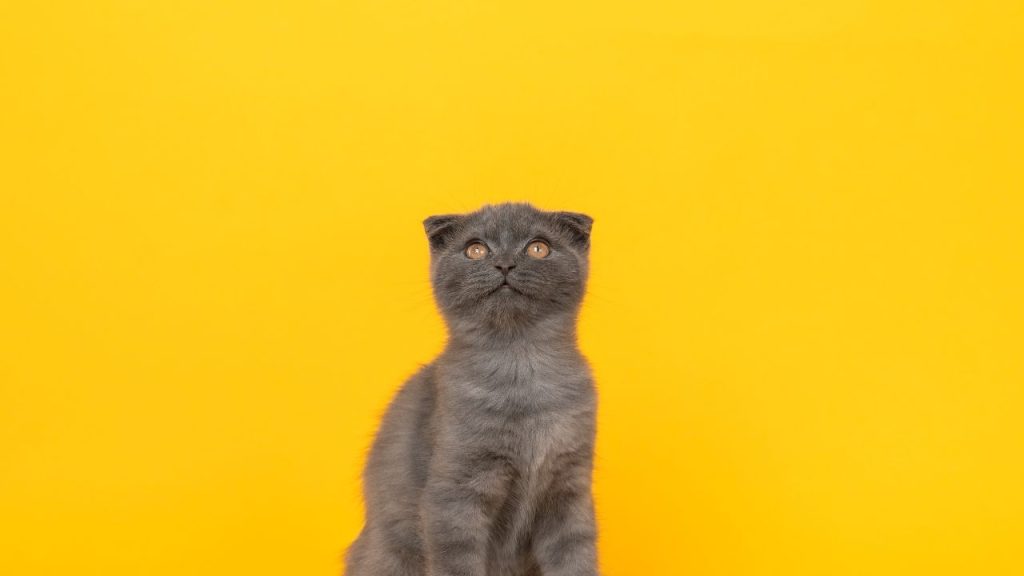
Controversies Surrounding Scottish Fold Cats
Scottish Fold cats are a popular breed known for their unique folded ears and adorable appearance. However, there are controversies surrounding these cats due to their genetic defects and potential health problems. In this section, we will discuss the two main controversies surrounding Scottish Fold cats.
Banning of Breeding and Sales
In Scotland, the breeding and sale of Scottish Fold cats has been banned since 2018 due to welfare concerns. The ban was put in place to prevent the breeding of cats with painful genetic deformities. Scottish Folds are born with a dominant gene that causes their ears to fold, but this gene also affects the cartilage throughout their body, leading to painful joint issues and arthritis.
In other countries, such as the United States and Japan, Scottish Fold cats are still legal to breed and sell. However, many animal welfare advocates are calling for a ban on the breed due to the potential health problems and suffering they may experience.
Ethical Concerns
The breeding of Scottish Fold cats raises ethical concerns regarding animal welfare. The breed’s popularity has led to high demand, which has resulted in overbreeding and inbreeding. This can lead to an increased risk of genetic defects and health problems in the offspring.
Some veterinarians have also raised concerns about the welfare of Scottish Fold cats. They argue that breeding cats with genetic defects is unethical and that the breed should not be promoted or encouraged.
Celebrities have played a role in the popularity of Scottish Fold cats, with many posting pictures of their own pets on social media. However, this has also contributed to the breed’s demand and potential suffering.
In conclusion, Scottish Fold cats are a controversial breed due to their genetic defects and potential health problems. The ban on breeding and sales in Scotland highlights the ethical concerns surrounding the breed. While some argue that Scottish Fold cats are adorable and unique, others believe that their welfare should be the top priority.
Caring for Scottish Fold Cats
Caring for Scottish Fold cats is not much different from caring for other domestic cat breeds. However, due to their unique physical traits, they require some additional care and attention. In this section, we will discuss grooming and maintenance, feeding and exercise, and socialization and training for Scottish Fold cats.
Grooming and Maintenance
Scottish Folds have a dense, short-haired coat that requires minimal grooming. Brushing their coat once a week will help remove any loose hair and prevent matting. Additionally, trimming their nails every two weeks will help prevent them from getting too long and causing discomfort or damage to furniture.
It is also essential to clean their ears regularly to prevent mites and other ear disorders, which can cause deafness. Use a damp cotton ball or cloth to clean the outer ear, and avoid inserting anything into the ear canal.
Feeding and Exercise
Scottish Folds are medium-sized cats with a sturdy body and a moderate activity level. They require a balanced diet that includes high-quality protein, fats, and carbohydrates. It is recommended to feed them twice a day, with a total of 3/4 to 1 cup of dry cat food per day.
To maintain their weight, it is important to provide them with regular exercise and playtime. Interactive toys, such as feather wands or laser pointers, can help keep them active and engaged.
Socialization and Training
Scottish Folds are social and affectionate cats that thrive in a family environment. They enjoy spending time with their owners and playing with children. However, they can be sensitive to loud noises and sudden movements, so it is important to supervise their interactions with young children.
Scottish Folds are intelligent cats and can be trained to perform tricks and respond to commands. Positive reinforcement training, such as clicker training, is an effective way to train them.
In conclusion, Scottish Fold cats are loving and affectionate pets that require minimal grooming, a balanced diet, regular exercise, and socialization. With proper care and attention, they can live a healthy and happy life as a beloved member of your family.

